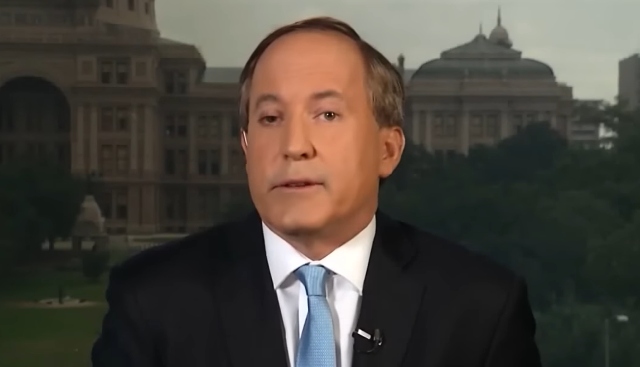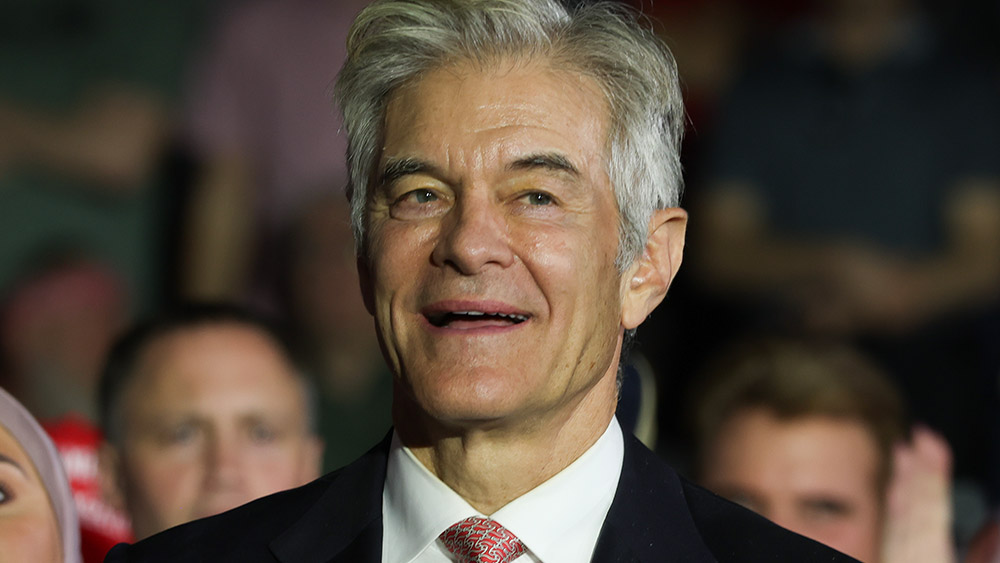 Parler
Parler Gab
Gab
- President Donald Trump signed an order on May 1 to end federal funding for NPR and PBS, escalating his long-standing push to defund the Corporation for Public Broadcasting (CPB), which distributes $535 million annually to public media.
- The order cites partisan bias in NPR and PBS, including NPR's 87:0 Democrat-leaning staff ratio, disproportionate Republican coverage (7:1) and downplaying of stories like Hunter Biden's laptop. PBS is accused of framing GOP policies as "far-right" while avoiding "far-left" labels.
- Key defunding measures, include immediate cessation of direct federal funding to NPR/PBS, blocking indirect subsidies via CPB-backed local stations, FCC investigation into alleged bias and discrimination and HHS review of employment practices under RFK Jr.
- Both networks vowed to challenge the order in court, calling it an attack on public service journalism. PBS CEO Paula Kerger and NPR's Katherine Maher condemned the move as unlawful and threatened litigation.
- The order reflects Trump's years-long effort to cut CPB funding (proposed in 2017, 2019 budgets), framing public media as politically skewed, while opponents argue it undermines educational and emergency broadcasting.
PBS and NPR CEOs vow to take legal action against the administration
PBS CEO Paula Kerger condemned the executive order, calling it a threat to the network's mission. "The President's blatantly unlawful Executive Order, issued in the middle of the night, threatens our ability to serve the American public with educational programming, as we have for the past 50-plus years,” Kerger said in a statement the next morning, Friday. "We are currently exploring all options to allow PBS to continue to serve our member stations and all Americans." NPR echoed a similar statement and signaled it may take legal action against the administration. "We will vigorously defend our right to provide essential news, information and life-saving services to the American public. We will challenge this executive order using all means available," said NPR President and CEO Katherine Maher. All this, despite the evidence of their biased journalism. MediaFactWatch.com has more media-related stories. Watch this episode of "The Fascist New World Order Podcast" which touches on hate speech.More related stories:
PBS and NPR – The ultimate FAKE NEWS duo of all time.
Disinformation-spreading NPR launches 'disinformation reporting team.'
Defund NPR: Man plots to kill Biden, NPR omits from story that he was Bernie bro with books on Islam.
PBS shutters DEI office in wake of Trump's executive order.
Sources include: JusttheNews.com WhiteHouse.gov CNN.com NPR.org Brighteon.comBy Lance D Johnson // Share
Farmers rally behind Trump’s trade policies as confidence and investment surge, barometer shows
By Laura Harris // Share
U.S. manufacturers see surge in orders as tariffs reshape supply chains
By Laura Harris // Share
Governments continue to obscure COVID-19 vaccine data amid rising concerns over excess deaths
By patricklewis // Share
Tech giant Microsoft backs EXTINCTION with its support of carbon capture programs
By ramontomeydw // Share
Germany to resume arms exports to Israel despite repeated ceasefire violations
By isabelle // Share










